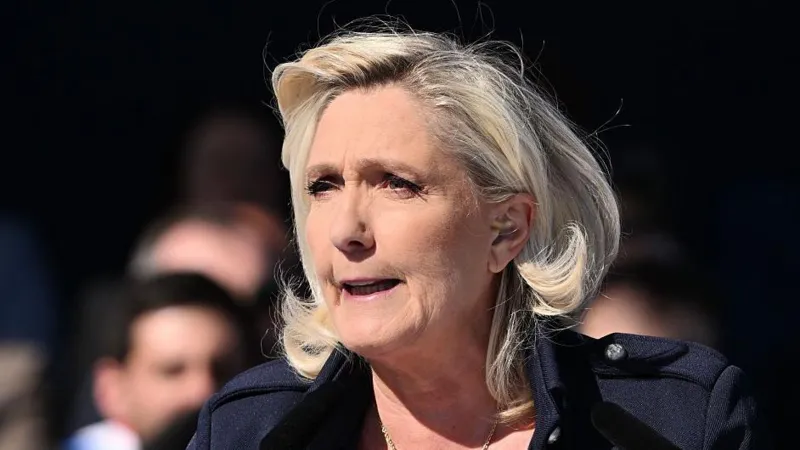The court’s decision, which included a suspended sentence and a fine, has drawn significant attention not only in France but across Europe. Critics of Le Pen may argue that the ruling reflects a necessary accountability mechanism for those in positions of power, particularly regarding the use of public resources.
However, supporters of Le Pen contend that this legal battle is emblematic of a larger struggle against establishment forces that seek to stifle alternative political perspectives. Le Pen has consistently positioned herself as a defender of the people, claiming that her party represents the interests of ordinary citizens who feel ignored by traditional political elites.
In her remarks following the ruling, Le Pen emphasized her commitment to continuing her political work undeterred. She argued that the legal findings were crafted to distract from the pressing issues facing France, such as economic disparity, immigration, and security.
“They are trying to divert attention from the real problems that matter to the French people,” she insisted, adding that the ruling would not deter her from advocating for her constituents’ needs.
As the leader of the National Rally, a party known for its right-wing populist stance, Le Pen has garnered both fervent support and fierce opposition. Her critics often label her party as extremist, while her supporters view her as a champion of national sovereignty and social justice.
The implications of this ruling may resonate far beyond Le Pen’s political future, as it raises questions about the intersection of law and politics in Europe.
Ultimately, the ruling against Le Pen has sparked a renewed debate about the role of the judiciary in political matters and the extent to which legal systems can be perceived as impartial arbiters of justice.














